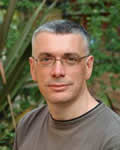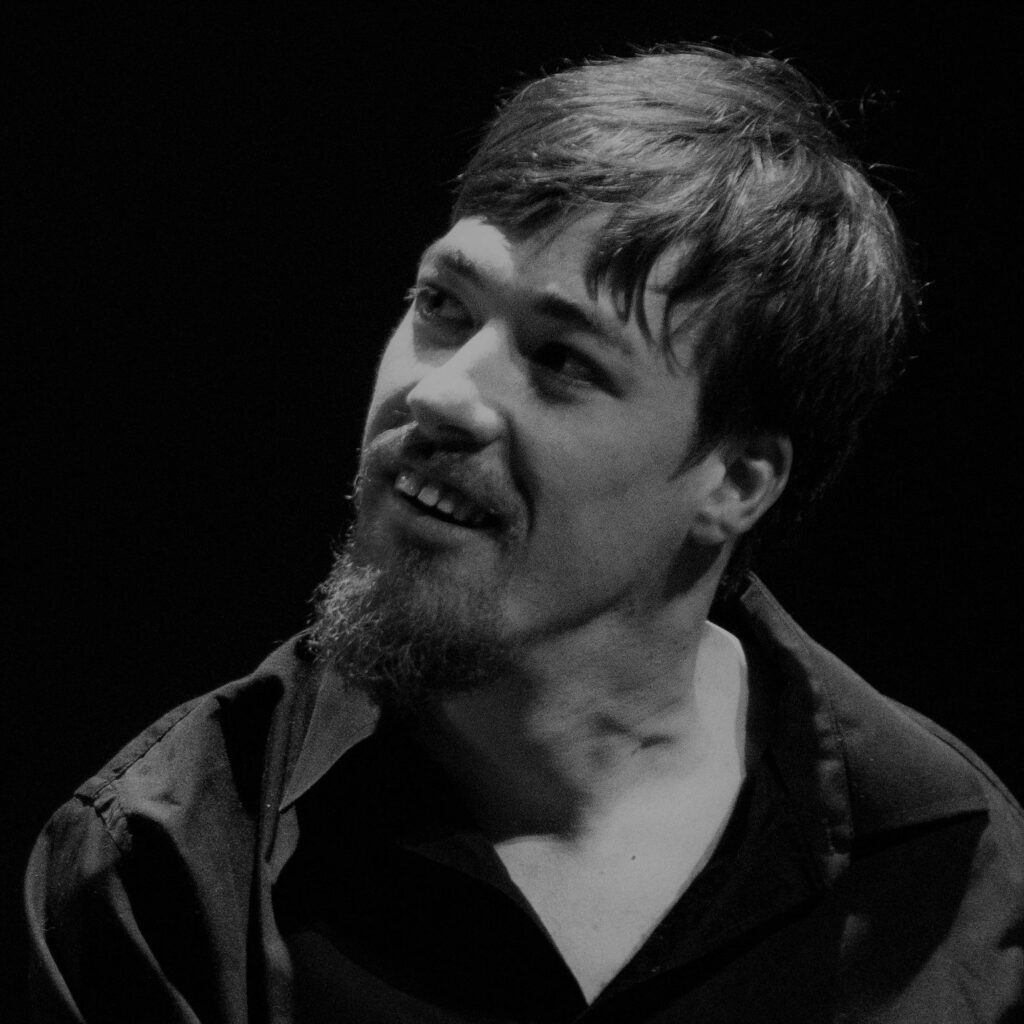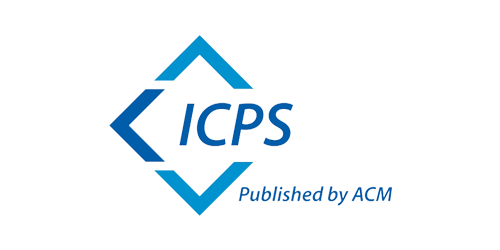|
|
Emma YoungR&D Engineer at BBCAn overview of recent work at BBC Research and Development, exploring interactive audio and immersive music experiencesWednesday 30th August, 10 am – Lindsay Stuart Lecture Theatre (Level 2) Biography Emma Young defines and explores future media experiences at BBC R&D, to inform and support technology innovation and business strategy. Before joining the BBC in 2018, Emma worked in innovation and digital consultancy roles; and prior to shifting focus to a career in tech in 2008, she studied Audio Engineering at the SAE Institute in Sydney and worked in a broad range of production environments including Film, Games, Live TV, Theatre and Live Music. Emma sits on the Steering Committee of the Audio Mostly conference and on the Industry Advisory Board at Lancaster University’s School of Computing and Communications. Her research and production interests include VR, AR, Spatial Audio and Metaverse-related technologies; Virtual Production and AI. Passionate about Diversity and Inclusion in the broadcast industry, Emma leads the staff network ‘BBC Women in STEM’ (WiSTEM) as Chair of the Board; and is highly active in outreach, both at the BBC and in the wider industry. |
|
|
Sandra PaulettoAssociate Professor at KTHUnplanned - Designing sound for sustainability and wellbeingThursday 31st August, 12 pm – Lindsay Stuart Lecture Theatre (Level 2) Abstract Biography |
 |
Steve BenfordProfessor of Computer Science & EPSRC Dream Fellow, Faculty of ScienceGlitching the BodyThursday 31st August, 5:30 pm – Lindsay Stuart Lecture Theatre (Level 2) Abstract Biography |
 |
Chris Jacquin, Ali Gillies and Pete SparkesDrake Music ScotlandEquivalence: Towards a fully accessible instrumentFriday 1st September, 12:00 pm – Lindsay Stuart Lecture Theatre (Level 2) Biographies Chris is a composer and musician from Edinburgh, Scotland. He composes and performs using an instrument called The Brain, which uses brainwave technology, Brainfingers, in addition to Ableton Live and PreSonus’ Notion. A founding member of Drake Music Scotland’s Digital Orchestra, he has also worked with the National Youth Orchestra of Scotland and the Hebrides Ensemble. Ali is a freelance multi-instrumentalist and studio-based composer based in Edinburgh. He holds a BA(Hons) and an MMus from Newcastle University. As an Associate Musician, he runs 1:1 sessions, and works with the Digital Orchestra and Equilibrium ensembles. He also helps deliver technology training sessions to other charities and organisations. His current interest lies in finding new ways for musicians with disabilities to engage with a wide variety of music software to practice, compose and perform their music. Pete was appointed as Artistic Director in December 2009. He joined the team at Drake Music Scotland as a freelance associate musician in 2005, leading projects in Glasgow, Edinburgh, and Stirling. In 2007 he was appointed as Education & Training Officer and spent a busy few years training teachers and musicians to use music technology in a variety of different settings. He is completely convinced that making music is fun, good for us in many ways, and we should be doing more of it – all of us! He was Education Officer of the Scottish Chamber Orchestra from 2002-2005. As a freelance project leader, he has led creative projects with many different participant groups for various organisations including: Drake Music Scotland, Scottish Book Trust, Scottish Chamber Orchestra, BBC Scottish Symphony Orchestra, Artlink Central, and Jessie’s Fund. |




